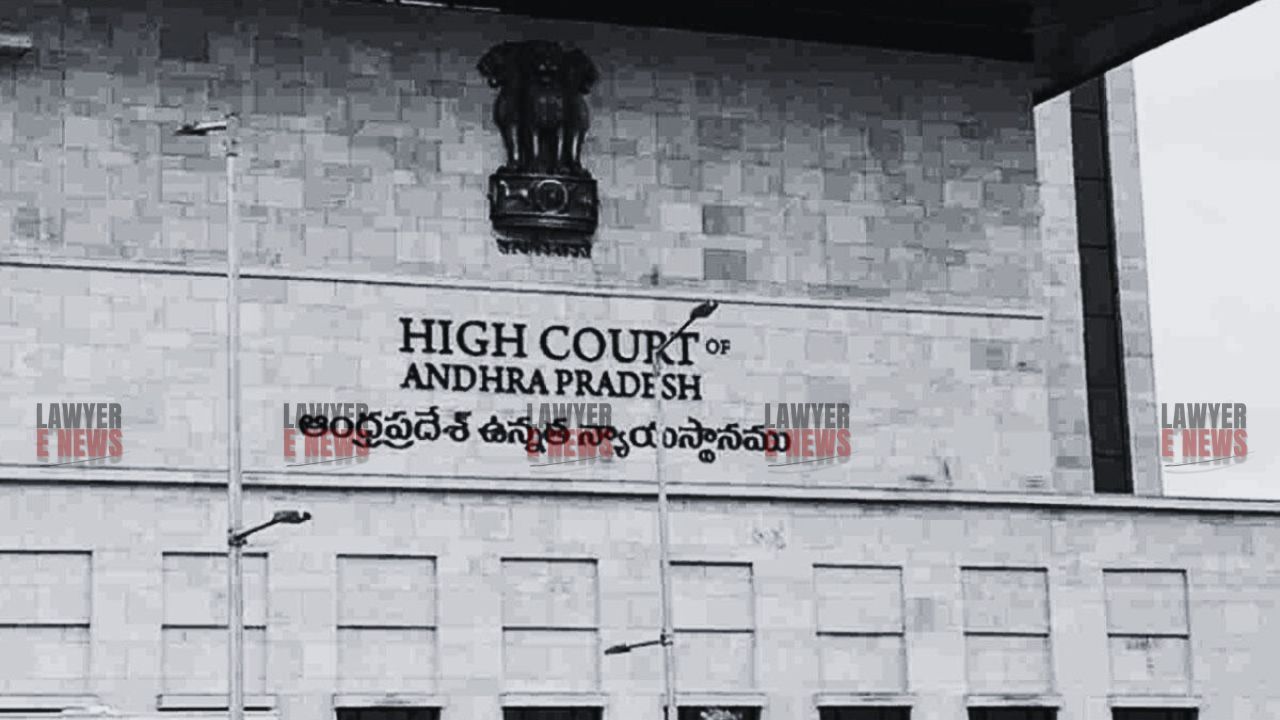-
by Admin
15 February 2026 5:01 PM



The High Court of Andhra Pradesh, in a judgment delivered by Justice Bandaru Syamsunder on August 20, 2024, upheld the enforceability of a promissory note despite the plaintiffs’ initial failure to produce a Succession Certificate. The ruling clarifies the legal standards for executing promissory notes under the Negotiable Instruments Act and emphasizes the validity of such instruments even when certain formalities are completed post-judgment.
The case centers on a promissory note dispute where the plaintiffs sought to recover Rs. 85,000 from the defendants, based on a promissory note executed by the defendants’ late father, Mr. K. Gopala Krishna, and the first defendant, Mr. Sitarama Rao. The plaintiffs, heirs of the creditor Mr. M. Arjuna, filed the suit after the defendants allegedly defaulted on the loan repayment. The defendants contested the claim, arguing that the promissory note was incomplete and not supported by consideration.
Justice Syamsunder ruled that the promissory note was indeed valid, rejecting the defendants’ claim that it was incomplete because the first defendant’s name was missing from the body of the note. The court held that the presence of the first defendant’s signature on the revenue stamp constituted sufficient execution under Section 20 of the Negotiable Instruments Act, which addresses inchoate instruments.
The court emphasized that under Section 118 of the Negotiable Instruments Act, once a promissory note is signed, the presumption is in favor of its validity unless the defendants can convincingly prove otherwise. The defendants admitted to the execution of the note but failed to provide compelling evidence that it was not supported by consideration. Furthermore, the court noted that even though the Succession Certificate was not initially presented, this procedural lapse does not invalidate the decree. The court cited relevant case law, stating that the plaintiffs could produce the certificate at the execution stage.
While acknowledging the omission of the Succession Certificate during the trial, the court clarified that this does not render the decree a nullity. Instead, it provided that the plaintiffs must produce the certificate before proceeding with the execution of the decree. The court’s stance aligns with established legal principles, allowing the enforcement of the judgment while ensuring compliance with procedural requirements.
The judgment underscores the court’s commitment to upholding the substantive rights of creditors under the law, while balancing procedural safeguards. By affirming the decree with the condition of producing a Succession Certificate during execution, the court has provided a pragmatic resolution to the dispute. This ruling is expected to influence future cases involving similar issues, reinforcing the enforceability of promissory notes even in the absence of initial procedural compliance.
Date of Decision: August 20, 2024
Koduri Sitarama Rao and Others v. Matangi Victoria and Others
